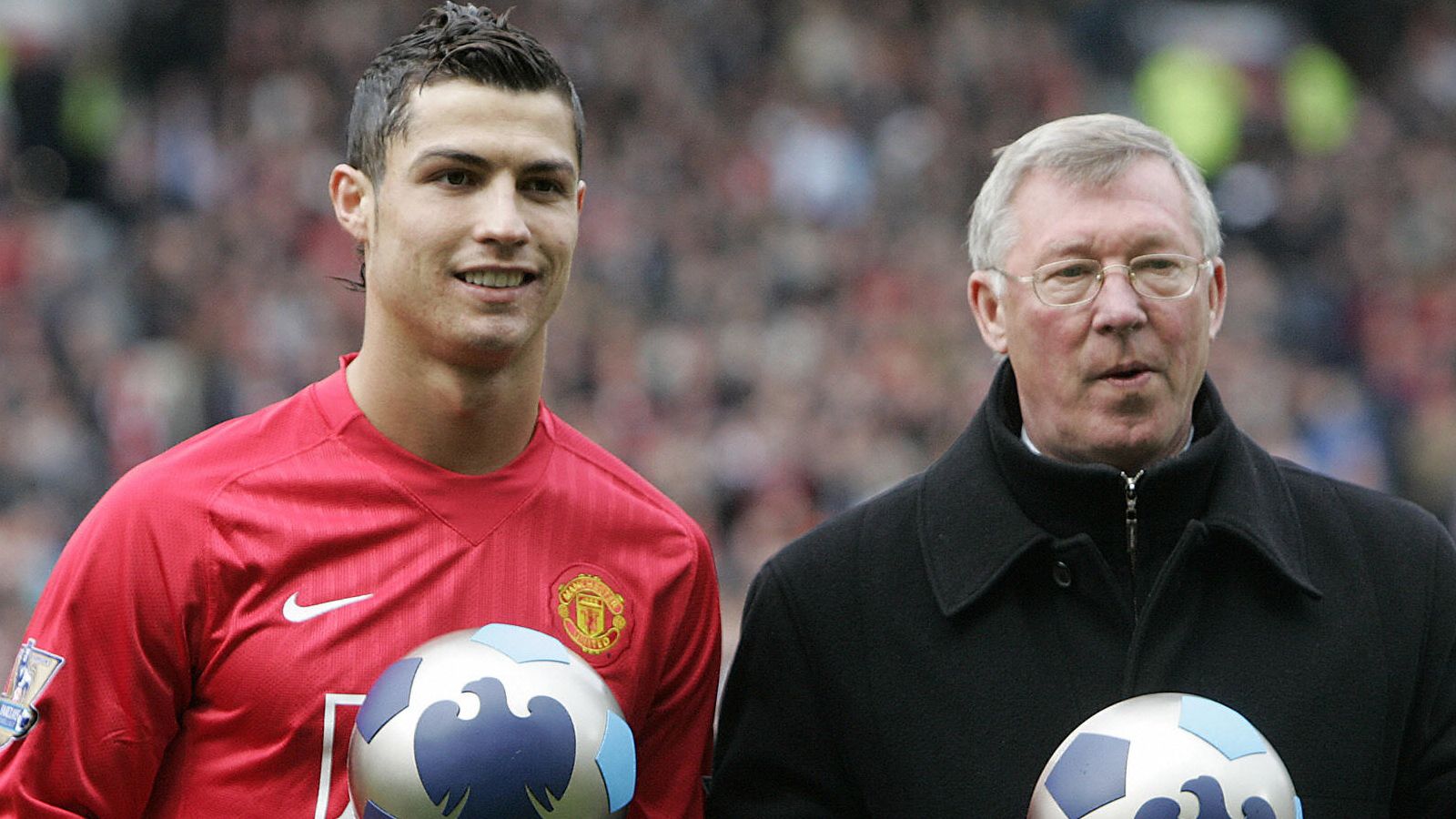Cristiano Ronaldo Reaction to Ferguson Row Explained
Cristiano Ronaldo reaction to Sir Alex Ferguson’s uncompromising “hair-dryer” has resurfaced through the vivid memories of former Manchester United captain Rio Ferdinand, shedding new light on a decisive moment in the winger’s rise from raw prodigy to global icon.
Cristiano Ronaldo reaction: the day the dressing room fell silent
Ferdinand, speaking on a recent podcast, described how a teenage Ronaldo was humbled during a 2004 Premier League fixture. United were chasing the game, and the young Portuguese repeatedly over-elaborated on the ball, choosing flicks over the simple pass. At full-time, Ferguson stormed into the dressing room and launched into what became an infamous tirade. The furious Scot singled out his No. 7, accusing him of playing “for the cameras” rather than for the badge.
According to Ferdinand, the Cristiano Ronaldo reaction in that instant was an almost stunned refusal to make eye contact. The winger, usually brimming with confidence, sat frozen while Ferguson’s voice echoed off the tiled walls. Not even seasoned veterans had heard their manager unleash such a focused blast since David Beckham’s departure.
From defiance to determination
Initially, Ronaldo struggled with the public scolding. Teammates remember him sulking through the following training session, barely exchanging words with anyone. Yet within 48 hours the mood shifted. Ferguson famously believed that the true test of a player was his response to criticism, and the Cristiano Ronaldo reaction passed that test in style.
The Portuguese adopted a vow of improvement; extra shooting drills after practice, additional gym sessions, and countless hours perfecting decision-making on video replay became his new normal. Ferdinand recalls arriving early at Carrington only to find Ronaldo already drenched in sweat. The winger’s on-field choices improved noticeably by spring, contributing to United’s late-season resurgence in the league and FA Cup.
Sir Alex Ferguson adjusts his approach
Interestingly, the episode transformed not only the player but also the manager. Ferguson realized he had almost broken the spirit of a generational talent with that single outburst. Insiders say the Scot fine-tuned his motivational tactics afterward, adopting more one-on-one conversations, particularly with foreign stars. Nevertheless, the memory of that day served as a benchmark. Whenever standards dipped, the boss simply muttered, “Remember what happened last time,” and Ronaldo nodded.
Not every captain was close to the manager
Ferdinand also revealed he was never particularly close with Ferguson himself, despite wearing the armband in various spells. “We respected each other; it was a working relationship,” he noted. “But it was not like we’d be texting at midnight.” Ronaldo’s bond with the manager evolved differently. While the Cristiano Ronaldo reaction to that first confrontation was frosty, over time mutual admiration grew. Ferguson supported Ronaldo through personal hardships, and Ronaldo repaid him with relentless brilliance on the pitch, eventually winning the 2008 Ballon d’Or before moving to Real Madrid.
The legacy of that moment in United folklore
Former teammates agree that the Cristiano Ronaldo reaction set a cultural example inside the club. Youngsters in the academy were told: “If Ronaldo can accept criticism and work, so can you.” In later years, when Ronaldo returned for a second stint at Old Trafford, he himself employed a milder version of Ferguson’s honesty, offering blunt feedback to emerging forwards like Marcus Rashford and Anthony Elanga.
Comparisons with modern managerial styles
Modern coaches often favor gentler psychological methods. Pep Guardiola and Mikel Arteta, for instance, prefer detailed tactical discussions to the old-school blast. Yet Ferdinand argues that, for a certain type of player and era, Ferguson’s approach was perfect. “Cristiano Ronaldo reaction proved it—he needed that jolt,” Ferdinand insists. The proof came swiftly: Ronaldo scored a hat-trick against Newcastle within weeks of the row, celebrating by pointing to his teammates rather than the crowd, a sign he had internalized the lesson about team play.
Statistical turnaround
Before the confrontation, Ronaldo averaged 0.18 assists per Premier League game; by season’s end, the figure had doubled. Key-pass numbers rose too, evidencing a shift from individual showboating to purposeful creativity. Analysts today cite that campaign as the blueprint for balancing flair with efficiency.
Cristiano Ronaldo reaction still resonates at Carrington
Current United manager Erik ten Hag reportedly used footage of the 2004 incident during a closed-door seminar early in his tenure. The message: nobody is bigger than collective standards. Veteran goalkeeper Tom Heaton later remarked, “When we saw young Ronaldo getting roasted, it reminded us success demands accountability.”
Inside the player’s mind
In his autobiography, Ronaldo devotes a chapter to Ferguson’s influence. He admits the burst of anger shook him but claims it “ignited a permanent fire.” Sports psychologist Tim Harkness notes that the Cristiano Ronaldo reaction aligns with “growth mindset” theory: the athlete viewed harsh feedback as a chance to become better rather than a personal attack.
A lesson for every budding footballer
From grassroots pitches to elite academies, coaches now cite this story when teaching resilience. The Cristiano Ronaldo reaction underscores that greatness often sprouts from uncomfortable moments. Accepting criticism, processing it, and channeling it into targeted work remains the quickest route to progress.
Opinion: why the hair-dryer still matters
Football has evolved, but raw honesty can still cut through the noise of analytics and social media approval. The key is balance—pairing truthful critique with tangible support. Ferguson’s timing was impeccable: he hit Ronaldo hard at a formative stage, then offered guidance. That duality forged a champion.
Short opinion: Sir Alex’s fierce blast might seem brutal today, yet without it the world may never have witnessed Ronaldo’s complete transformation from flashy winger to ruthless match-winner. Sometimes tough love is the truest love in sport.
Your global gateway to nonstop football coverage:
News Goal
Share this content:

